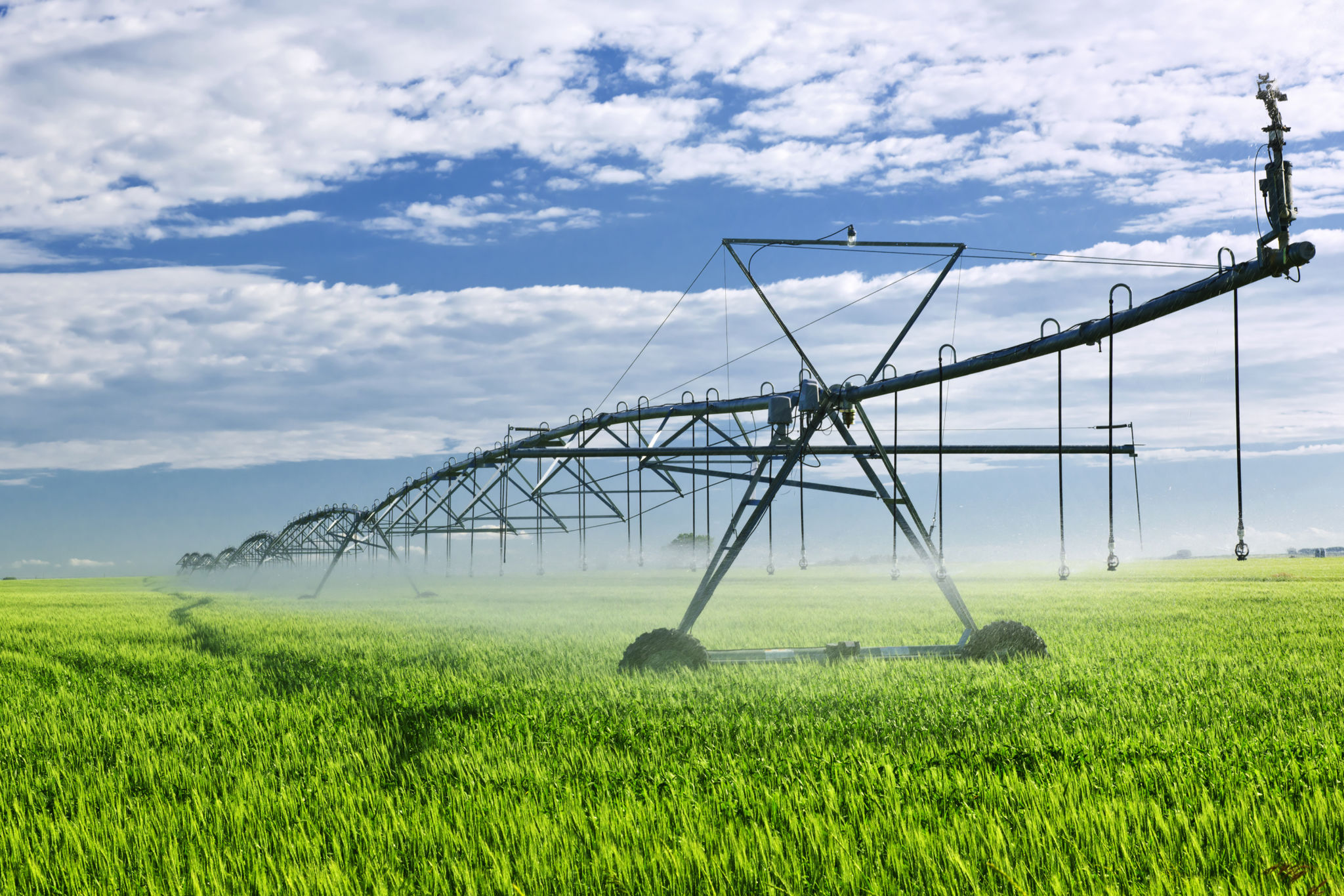The Rise of Vertical Farms in Africa: Transforming Malawi's Agriculture
LW
Introduction to Vertical Farming in Africa
As the world grapples with climate change and food insecurity, innovative solutions are emerging to address these challenges. One such solution gaining traction is vertical farming, particularly in Africa. This revolutionary agricultural practice is transforming Malawi's agriculture landscape by optimizing land use and increasing food production.
Vertical farming involves growing crops in stacked layers, often integrating controlled-environment agriculture technology to maximize yield. This method is proving to be a game-changer for countries like Malawi, where arable land is limited, and traditional farming faces numerous obstacles.

The Advantages of Vertical Farming
Vertical farming offers several advantages that make it an attractive option for Malawian farmers. Firstly, it requires significantly less land compared to conventional farming methods. This efficiency is crucial in a country where land resources are under pressure from urbanization and population growth.
Another major benefit is the reduction in water usage. Vertical farms can use up to 95% less water than traditional farms, thanks to advanced irrigation systems and recycling processes. This is particularly important in regions prone to drought and water scarcity.

Economic and Social Impact
The rise of vertical farms in Malawi is not only transforming agriculture but also boosting the local economy. By creating new job opportunities in farm management, technology maintenance, and produce distribution, vertical farming is contributing to poverty alleviation and economic growth.
Socially, vertical farms have the potential to improve food security and nutrition. With the ability to grow fresh produce year-round, communities can access a more diverse and nutritious diet, reducing reliance on imported goods and improving overall health outcomes.

Challenges and Solutions
Despite its many benefits, vertical farming in Malawi faces several challenges. High initial investment costs and a lack of technical expertise are significant barriers for many farmers. However, innovative solutions and government support are helping to overcome these hurdles.
Various organizations are offering training programs and financial assistance to encourage the adoption of vertical farming. Collaborations between the government, private sector, and non-profit organizations are fostering a conducive environment for this agricultural revolution.
The Future of Agriculture in Malawi
As vertical farming continues to gain momentum, its impact on Malawi's agriculture sector is expected to grow. The integration of cutting-edge technologies like artificial intelligence and drones can further enhance productivity and sustainability.
Looking ahead, vertical farming holds the promise of transforming not only Malawi but the entire African continent's approach to agriculture. By embracing this innovative practice, Africa can move towards a more sustainable and food-secure future.

